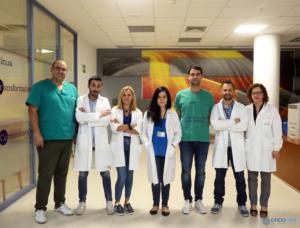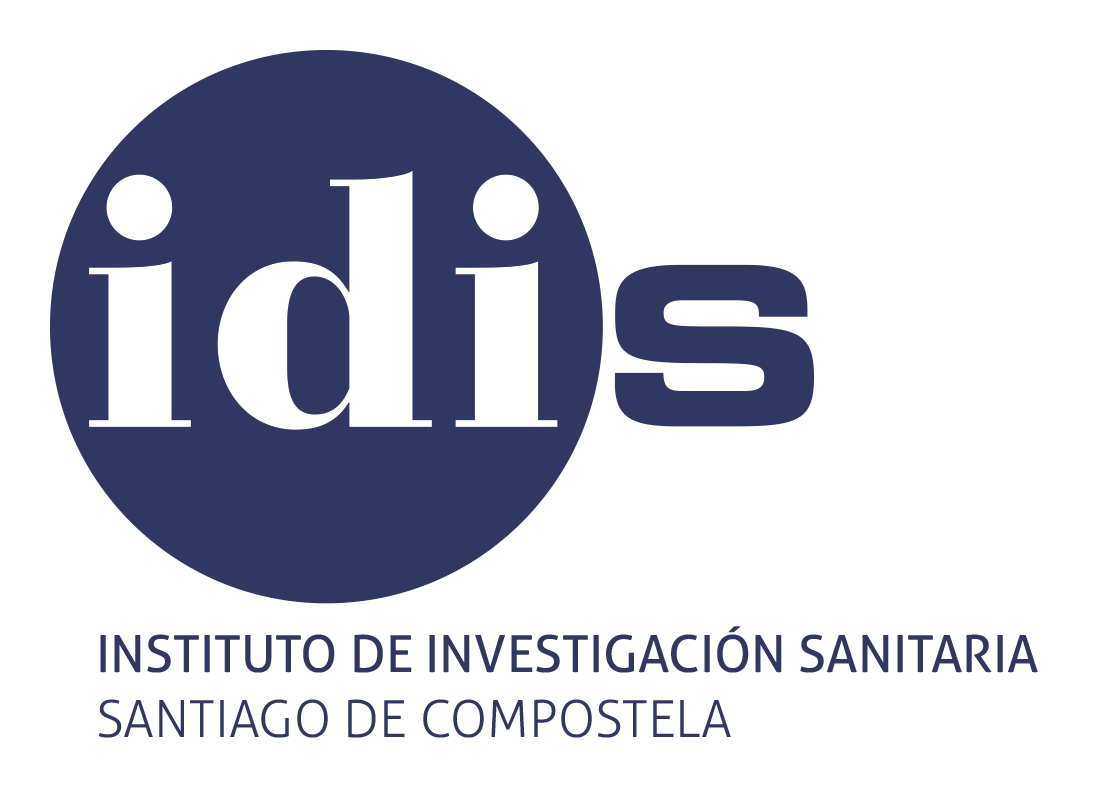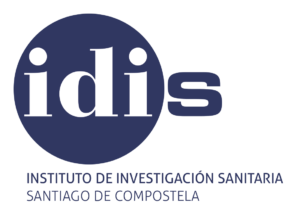Liquid biopsy
Equipment
- CellSearch System (Silicon Biosystems, the only FDA-approved system for CTC quantification),
- Parsortix system (Angle) for the antigen-independent isolation of CTCs.
- Digital PCR equipment (QX200, Biorad) that allows the study of point mutations, CNVs and small rearrangements, as well as the performance of methylation studies.
- Veriti Dx 96-well Thermal Cycler (Applied Biosystems)
- State-of-the-art Cube6i Flow Cytometer (Partek).
- Micromanipulator (Leica) and basic equipment of a molecular biology laboratory (centrifuges, biological safety cabinets, PCR cabinets and cell culture equipment).
In addition to its own equipment, the platform has at its disposal other common equipment of the Health Research Institute (IDIS) necessary for the study of liquid biopsy, such as the Leica SP8 confocal microscope, the DEParray system (Silicon Biosystems, managed by the IDIS Genomic Medicine Foundation) or the NexSeq sequencer (Illumina, from the IDIS Epigenomics unit).
Description
Interest in the study of tumor material present in biological fluids has increased exponentially in the last decade, mainly because it is the least invasive and most dynamic strategy for characterizing tumors. At the clinical level, both the analysis of genetic alterations, using ctDNA, and the quantification and characterization of CTCs, have proven to be very useful for the detection of minimal residual disease, as a prognostic and predictive marker of response, and for the precise monitoring of response to treatment. treatment. On the other hand, at the research level, the possibility of isolating and characterizing the CTCs, the main responsible for the formation of metastases, is invaluable for better understanding the process of tumor dissemination and resistance development.

Services
- Isolation of plasma and PBMC using centrifugation and density gradients isolation of exosomes.
- Isolation and quantification of CTCs with CellSearch, Parsortix CELLection, Metacell and Cellcollector systems.
- Plasma DNA/RNA isolation.
- Gene expression studies by q-RT-PCR.
- Genetic studies to identify mutations by BEAMing and digital PCR in ctDNA.
- Total cfDNA quantification in plasma samples.
- Protein studies by immunofluorescence and purification at the single cell level of samples enriched in CTCs.
- All these services can be carried out in human samples and in murine models.
Contact




